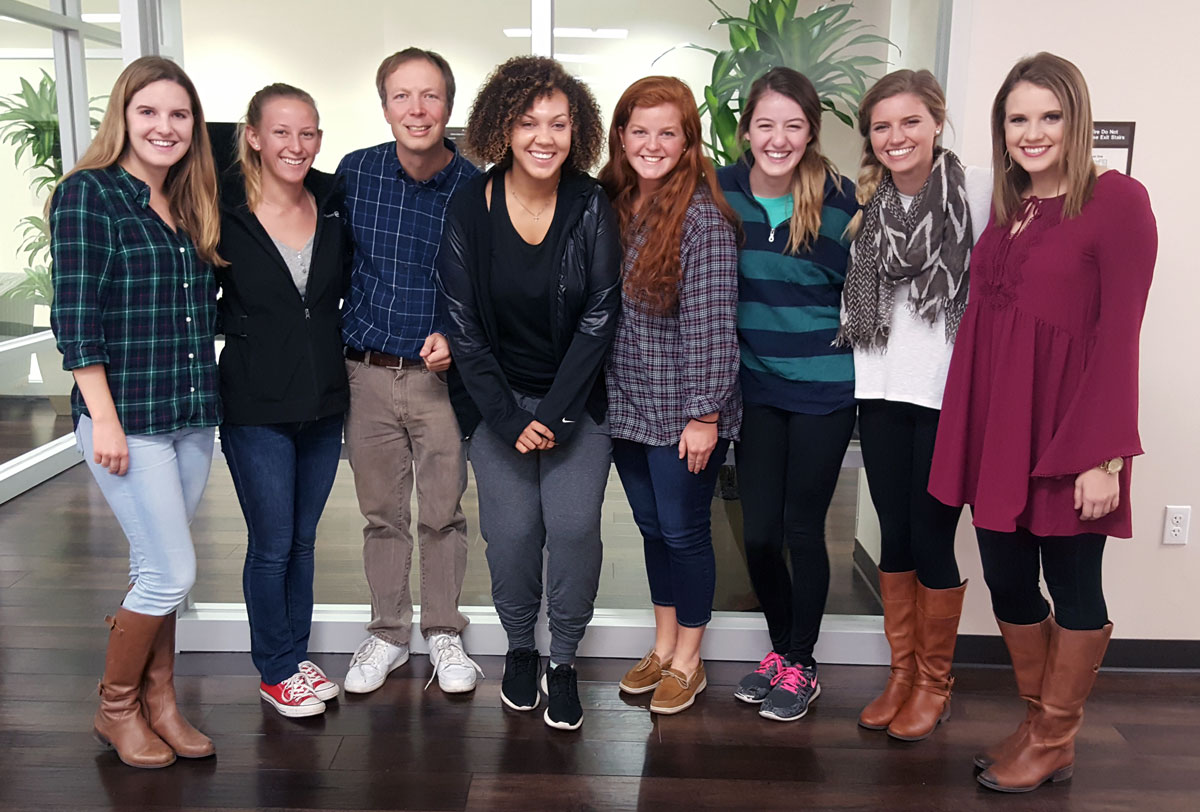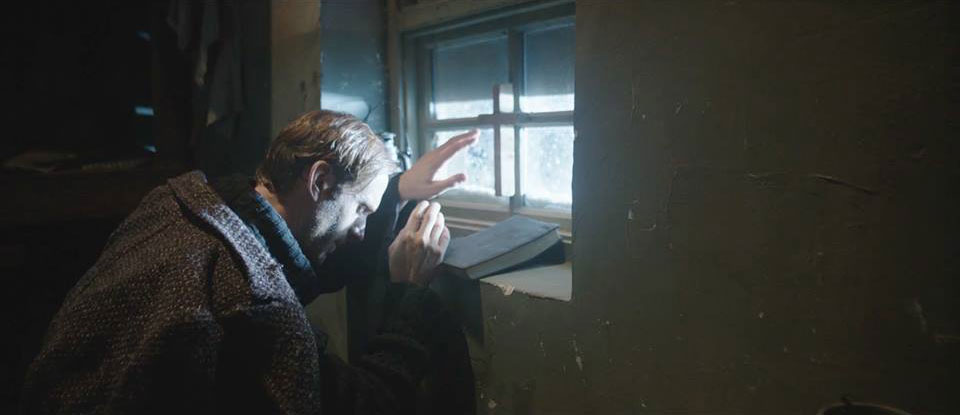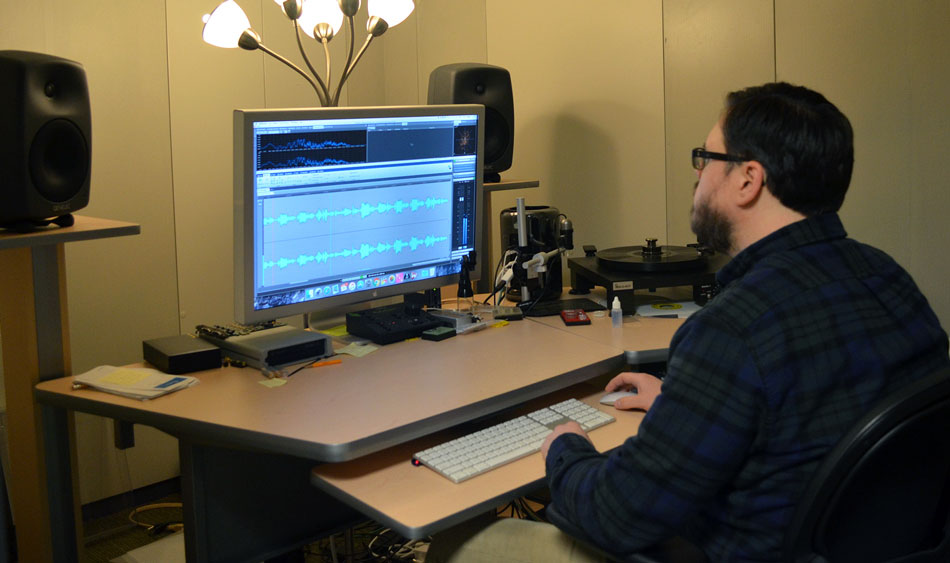Baylor University was recently granted the 2017 ACM International Collegiate Programming Contest (ICPC) Outstanding International Service Award for academic and institutional support for hosting ICPC Headquarters since 1989. In addition, the award is for encouraging the next generation to develop and apply their problem-solving talents to the challenges that face the world today and the world to come. The ICPC Outstanding International Service Award is presented annually to an individual, group, or institution who has played an instrumental role in advancing international educational programs that open doors of opportunity for future opportunity creators and problem solvers.
ACM-ICPC is the premier global programming competition conducted by and for the world’s universities. The competition operates under the auspices of the Association for Computing Machinery (ACM) and is sponsored by IBM. The contest involves a global network of universities hosting regional competitions that advance teams to the ACM-ICPC World Finals. For nearly four decades, ACM-ICPC has grown to be a game-changing global competitive educational program that has raised aspirations and performance of generations of the world’s problem solvers in the computing sciences and engineering. In 2016, ACM-ICPC participation included 46,381 of the finest students and faculty in computing disciplines from 2,948 universities in 103 countries on six continents. The contest fosters creativity, teamwork, and innovation in building new software programs, and it enables students to test their ability to perform under pressure. ACM-ICPC is the oldest, largest, and most prestigious programming contest in the world.
Baylor will be presented with the ICPC Outstanding International Service Award during the 2017 ACM-ICPC World Finals Opening Ceremony on May 22 in Rapid City, South Dakota.












